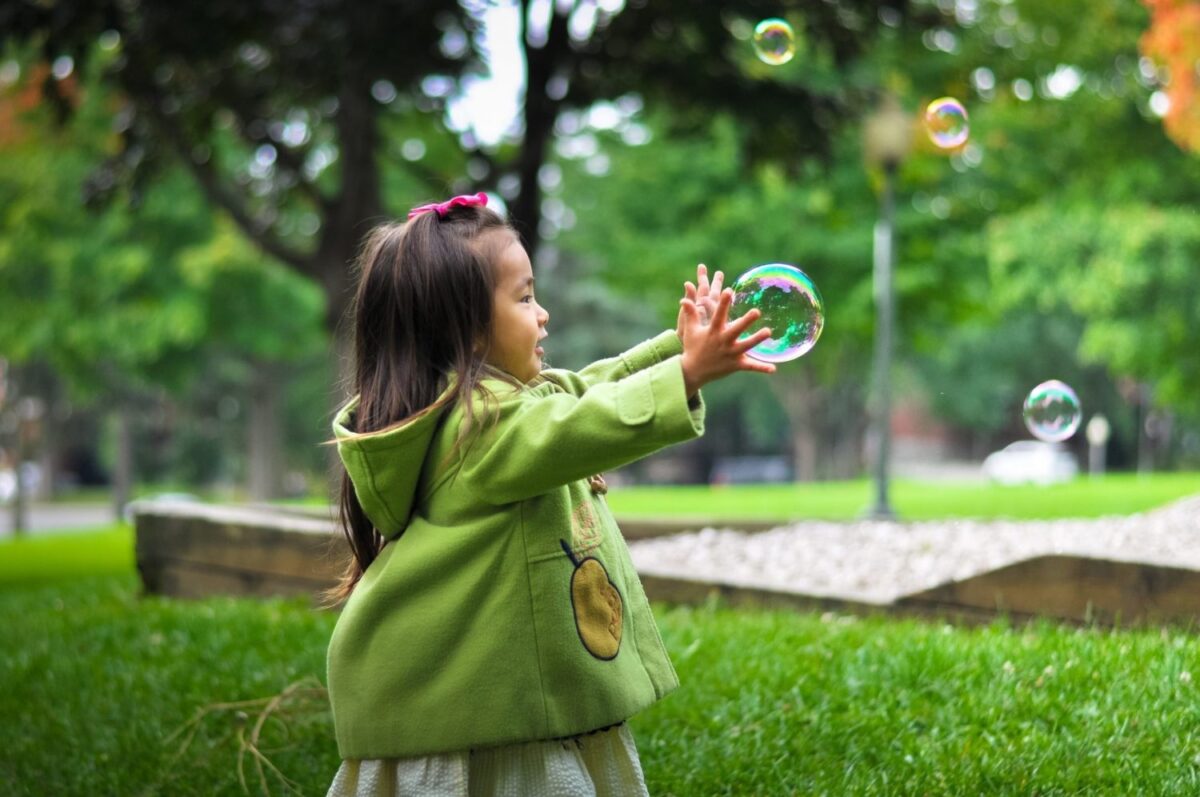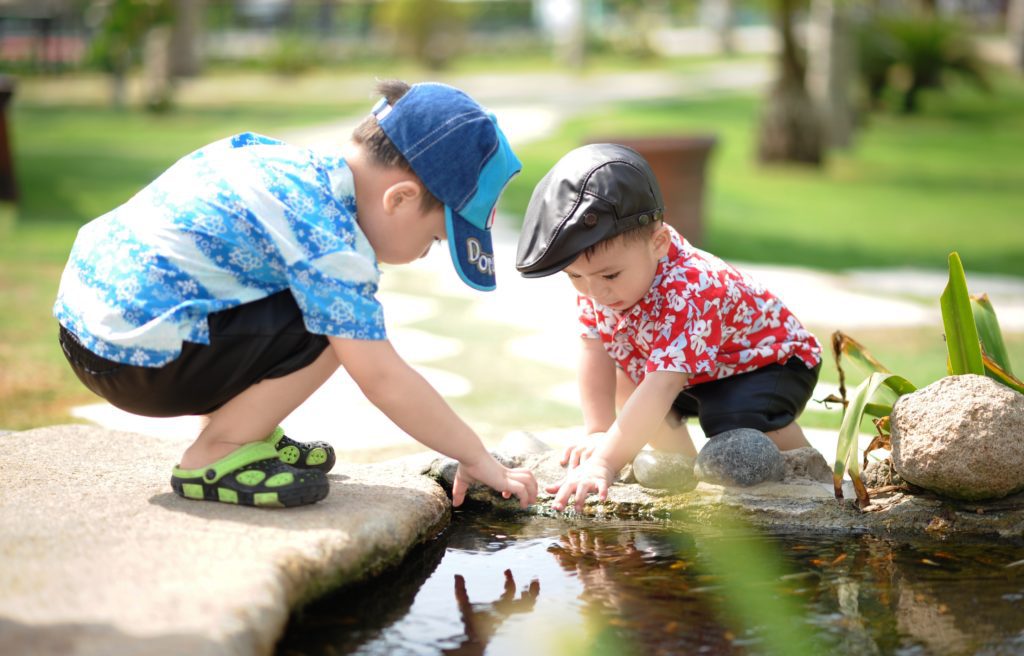
Development of Cognitive Skills; Piaget’s theory.
Crawl before you walk, walk before you run! When it comes to development, this phrase is certainly true. Before children learn to talk and are taught to problem solve at school, right from birth, they begin to develop novel ways of communicating and exploring the world around them. They cry to tell you they’re hungry, and go through a stage where it seems they’re trying to eat everything (I’m sure the parents reading this can relate)! These practices enable babies to make sense of the world. As they get older, their way of exploring rapidly evolves. As well as developing the ability to walk and talk, our development of cognitive skills (memory, attention, language, reading comprehension, fine motor and gross motor skills) are developed throughout our childhood.
French Psychologist Jean Piaget, proposed the development of cognitive skills during childhood occurs in 4 distinct stages. Each stage builds upon the previous one. Piaget’s theory was ground breaking at the time, as it was previously thought that children didn’t develop cognitive skills until they began to acquire language. Piaget challenged this, as he found that children explore the world around them before they acquire language by using their different senses. This is known as the sensorimotor stage, which is one of four stages that classify a child’s learning stages. The other three stages are known as the pre-operational stage, concrete operational stage and the formal operational stage. During each stage, children acquire new cognitive skills, whilst developing skills they have acquired in previous stages.

Cognitive development
Development of Cognitive Skills: Sensorimotor stage
This stage lasts from birth to 2 years.
In this stage, children learn about the world using their senses and manipulating objects. Here a child’s intelligence is based on their motor and sensory knowledge. During this stage, children learn of object permanence, i.e. although a toy is out of sight, it still exists. This information is extremely important as it prepares children to be able to name objects.
3 months– Infants are able to recognise faces and imitate facial expressions (above).
6 months– Infants can imitate sounds, recognise their parents and display fear towards strangers. They understand the difference between animate and inanimate objects. Between four and seven months, children begin to recognise their own name.
9 months– Infants imitate gestures and actions. The understand simple words like ‘no’ and begin to test their parents’ response to their behaviour.
12 months– Infants can follow moving objects. They can speak between two to four simple words like ‘mama’ and ‘dada’. They can imitate animal sounds and begin to display attachments to objects such as a toy or blanket. At this age, they will also begin to display separation anxiety.
18 months– Vocabulary increases to around 50 words. Children begin to identify body parts and display sense of ownership. They can follow simple instructions (e.g. picking up toys and putting them in the box). They begin to show an understanding of discipline and have knowledge of appropriate and inappropriate behaviour.
Development of Cognitive Skills: Pre-operational stage
This stage lasts from 2 – 7 years.
A child’s vocabulary is around 150 words. Around this time, children learn around 10 new words a day, and begin to understand emotions such as love, trust and fear. Children also begin to learn through pretend play, or “make believe”. However, their view of others and logic isn’t well understood, and children have a self-centered view of the world. In this stage, children begin to use their imaginary and memory skills, and begin to develop their social interaction skills and play cooperatively with children their own age. They will begin to develop their cognitive abilities. Children learn to read, develop routines and display an increased attention span. At the beginning of this stage, children develop their attention, long term and short term memory. As children get older, they learn to control their attention and use their cognitive abilities to help them solve problems and achieve their goals. Also during this stage of development, auditory processing is further refined. This is highly important in improving reading skills.

Imaginative play
Development of Cognitive Skills: Concrete operational stage
This stage is from 7-11 years.
During this stage, children learn to be less egocentric and self centered. They begin to think about the thoughts and feelings of others, and they are more aware of their own thoughts and feelings and the rules around sharing them with others. Children are also able to think in a more logic manner and see the world from the view of others. However, at this stage, a child’s thought is often rigid, therefore they tend to struggle with abstract concepts. Here children learn that things, such as volume and weight, can stay the same despite changes in the appearance of objects. For example, two different glasses can hold the same volume of water. Also, at this stage, children’s attention span begins to increase with age. At the age of six, the child may be able to focus on a task for around 15 minutes. At the age of nine, children can focus on a task for around an hour.

Concrete operational stage
Development of Cognitive Skills: Formal operational stage
This stage is from 11 years and upwards.
Children are able to better understand logic and abstract ideas. They will start to reason and think about abstract ideas, and implement these ideas into their lives. They are also able to see multiple solutions to problems, and begin to look at the world in a scientific manner. During this stage, Adolescents display independent problem-solving skills, and are able to understand abstract ideas such puns, proverbs, metaphors, analogies, philosophy and maths. Children also learn to apply general information to specific situations. During adolescence we undergo cognitive transition, which means that the way we think becomes more advanced, more efficient, and more complex. Thought is no longer limited to what is real, it is expanded to include the hypothetical. During this stage we begin thinking about the process of thinking, known as metacognition. Thought becomes multidimensional; we are able to look at multiple outcomes to a specific problem, which allows us to think rationally and analyze the problem. This will hopefully help us to make well-informed decisions.
Every child will progress through each stage in order, but it’s important to remember that each child is different, so that manner or time that it take a child to develop these skills may vary- and that’s OK! Progression through the 4 stages of development can occur at different rates; some faster than others. We all have a unique cognitive profile, some cognitive skills can be weaker than others. A cognitive assessment can help us to identify which of our cognitive skills are weaker. This enables us to tailor our cognitive training, and improve our weaker skills. If you are looking to strengthen your cognitive skills, why not try some brain games! If you are concerned that about your cognitive abilities or the development of a child, it is important to seek professional advice.
If you have any questions, comments or suggestions, get in touch below! 🙂














